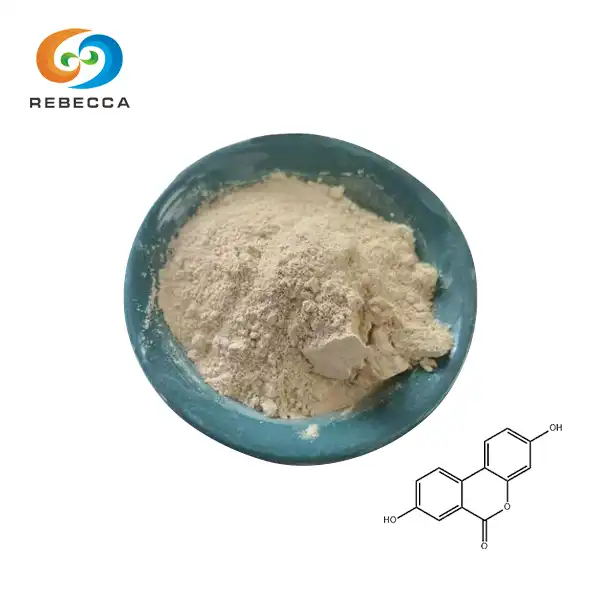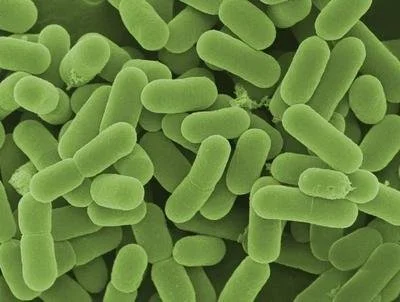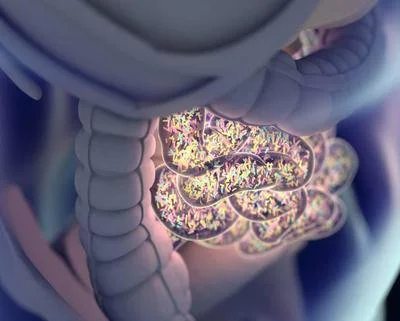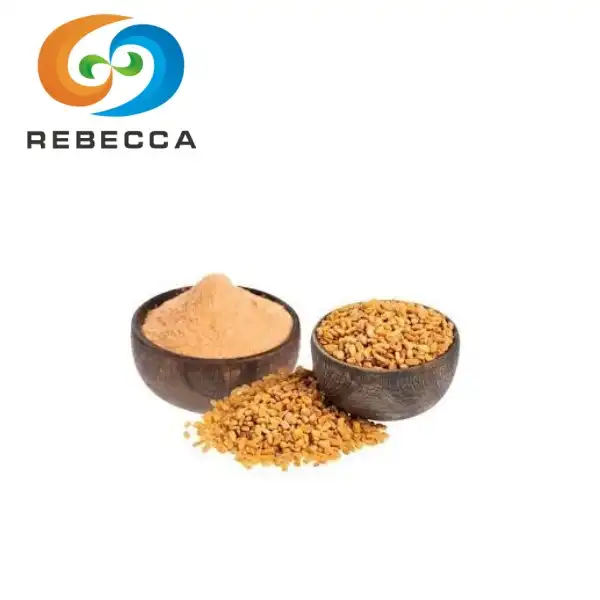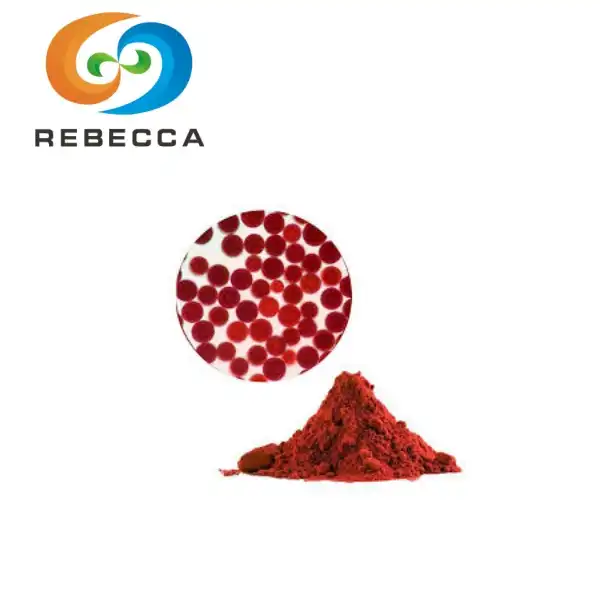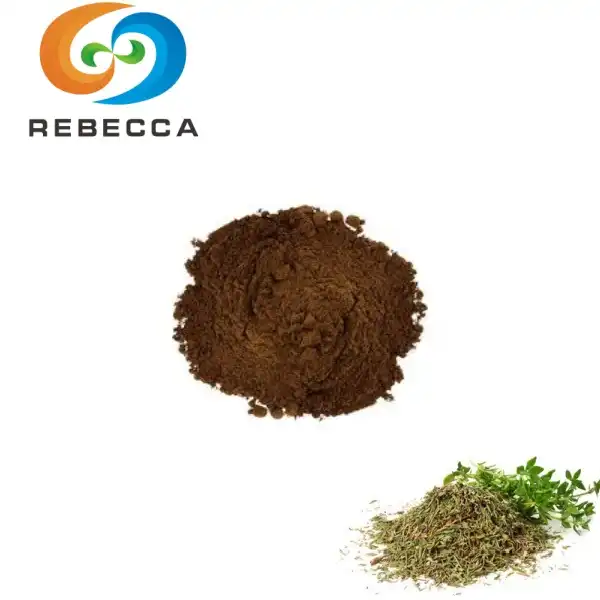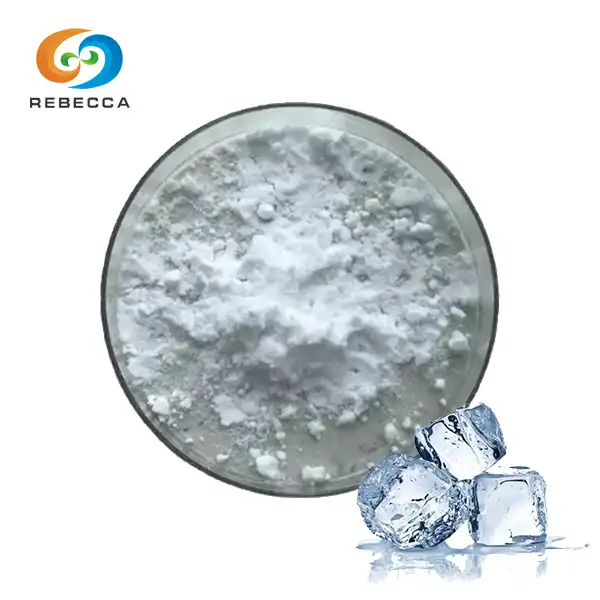Urolithin A absorption: How it enters the bloodstream?
The role of gut microbiota in Urolithin A production
Urolithin A is not directly consumed but is instead produced in the gut from ellagitannins. The transformation of ellagitannins into product is facilitated by specific gut bacteria, making the process highly dependent on an individual's microbiome composition. This unique aspect of product production highlights the importance of gut health in maximizing its potential benefits.
Intestinal absorption mechanisms of Urolithin A
Once produced in the gut, Urolithin A must cross the intestinal barrier to enter the bloodstream. This process involves several mechanisms, including passive diffusion and active transport systems. The lipophilic nature of product allows it to pass through cell membranes relatively easily, enhancing its absorption rate. However, the efficiency of this absorption can vary significantly between individuals.
Factors influencing initial Urolithin A uptake
Several factors can impact the initial uptake of Urolithin A in the intestines. These include the pH of the intestinal environment, the presence of other dietary components, and the overall health of the intestinal lining. Additionally, the form in which product is present (free or conjugated) can affect its absorption rate. Understanding these factors is crucial for optimizing product absorption and bioavailability.
Metabolism of Urolithin A and its health effects
Liver metabolism and conjugation of Urolithin A
After absorption, Urolithin A undergoes extensive metabolism in the liver. This process primarily involves phase II conjugation reactions, where it is modified to increase its water solubility and facilitate excretion. The main conjugates formed are glucuronides and sulfates of product. These metabolic processes can significantly impact the bioavailability and biological activity of Urolithin A in the body.
Distribution of Urolithin A in various tissues
Following hepatic metabolism, Urolithin A and its conjugates are distributed throughout the body via the bloodstream. Different tissues may have varying affinities for product, leading to differential accumulation and effects. Research has shown that Urolithin A can cross the blood-brain barrier and accumulate in skeletal muscle, suggesting potential neuroprotective and muscle-enhancing properties.
Cellular effects and mechanisms of action
At the cellular level, Urolithin A exerts its effects through various mechanisms. It has been shown to activate mitophagy, a process that removes damaged mitochondria and promotes cellular health. It also demonstrates antioxidant and anti-inflammatory properties, which may contribute to its potential health benefits. These cellular effects underscore the importance of understanding product metabolism for leveraging its therapeutic potential.
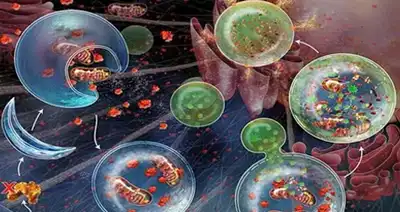
Factors affecting Urolithin A bioavailability
Dietary influences on Urolithin A production and absorption
The diet plays a crucial role in Urolithin A bioavailability. Consuming foods rich in ellagitannins, such as pomegranates, walnuts, and berries, can increase product production in the gut. However, the efficiency of this conversion varies among individuals. Additionally, dietary factors such as fiber content and the presence of other polyphenols can influence Urolithin A absorption and metabolism.
Individual variations in Urolithin A metabolism
Genetic factors and gut microbiome composition significantly impact an individual's ability to produce and metabolize Urolithin A. Some people, known as "high producers," can efficiently convert ellagitannins to Urolithin A, while others may produce little to none. This variability highlights the potential need for personalized approaches when considering Urolithin A supplementation or dietary interventions.
Pharmacokinetics and elimination of Urolithin A
The pharmacokinetics of product, including its absorption, distribution, metabolism, and excretion, are critical factors in determining its overall bioavailability and efficacy. Studies have shown that it has a relatively long half-life in the body, which may contribute to its sustained effects. Understanding these pharmacokinetic properties is essential for developing effective Urolithin A-based interventions and optimizing dosing strategies.
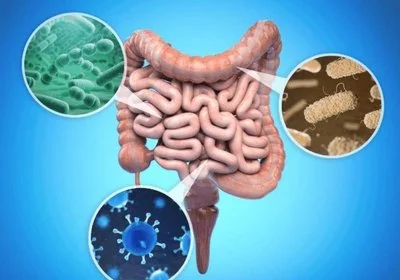
Conclusion
The absorption and metabolism of Urolithin A in the body is a complex process influenced by numerous factors, from gut microbiota composition to individual genetic variations. As research continues to unravel the intricacies of Urolithin A metabolism, it becomes increasingly clear that this compound holds significant promise for health and wellness applications. The unique production process of product in the gut underscores the importance of a healthy microbiome and balanced diet in maximizing its potential benefits.
At Shaanxi Rebecca Biotechnology Co., Ltd., we are at the forefront of Urolithin A research and production. Our high-quality urolithin a powder, derived from premium pomegranate extracts, is manufactured using advanced techniques to ensure optimal purity and bioavailability. As a leading Urolithin A factory, we are committed to providing top-tier products for research and development in the pharmaceutical, healthcare, and nutraceutical industries. For more information about our products or to explore collaboration opportunities, please contact us at information@sxrebecca.com.
FAQs
What is the best way to increase Urolithin A levels in the body?
Consuming ellagitannin-rich foods like pomegranates and walnuts can increase Urolithin A production. However, due to individual variations in gut microbiota, some people may benefit from direct Urolithin A supplementation.
Can Urolithin A be detected in blood tests?
Yes, Urolithin A and its metabolites can be detected in blood and urine samples using advanced analytical techniques such as HPLC-MS/MS.
How long does Urolithin A stay in the body?
The half-life of Urolithin A varies, but studies suggest it can remain in the body for several hours to days, depending on individual metabolism and dosage.
Are there any known drug interactions with Urolithin A?
While research is ongoing, potential interactions with drugs metabolized by similar pathways should be considered. Always consult a healthcare professional before starting any new supplement regimen.
Can Urolithin A be synthesized artificially?
Yes, Urolithin A can be synthesized in laboratory settings. At Shaanxi Rebecca Biotechnology Co., Ltd., we use advanced techniques to produce high-purity Urolithin A powder for research and commercial applications.
References
1. García-Villalba, R., Espín, J. C., & Tomás-Barberán, F. A. (2016). Chromatographic and spectroscopic characterization of urolithins for their determination in biological samples after the intake of foods containing ellagitannins and ellagic acid. Journal of Chromatography A, 1428, 162-175.
2. Tomás-Barberán, F. A., García-Villalba, R., González-Sarrías, A., Selma, M. V., & Espín, J. C. (2014). Ellagic acid metabolism by human gut microbiota: consistent observation of three urolithin phenotypes in intervention trials, independent of food source, age, and health status. Journal of Agricultural and Food Chemistry, 62(28), 6535-6538.
3. Ryu, D., Mouchiroud, L., Andreux, P. A., Katsyuba, E., Moullan, N., Nicolet-Dit-Félix, A. A., ... & Auwerx, J. (2016). Urolithin A induces mitophagy and prolongs lifespan in C. elegans and increases muscle function in rodents. Nature Medicine, 22(8), 879-888.
4. Espín, J. C., Larrosa, M., García-Conesa, M. T., & Tomás-Barberán, F. (2013). Biological significance of urolithins, the gut microbial ellagic acid-derived metabolites: the evidence so far. Evidence-Based Complementary and Alternative Medicine, 2013.
5. Cerdá, B., Tomás-Barberán, F. A., & Espín, J. C. (2005). Metabolism of antioxidant and chemopreventive ellagitannins from strawberries, raspberries, walnuts, and oak-aged wine in humans: identification of biomarkers and individual variability. Journal of Agricultural and Food Chemistry, 53(2), 227-235.
_1730691017423.webp)




